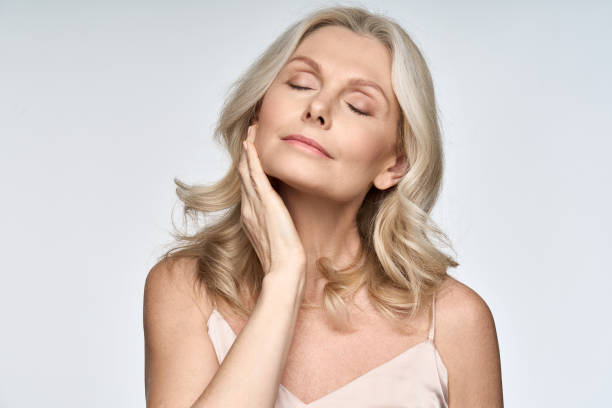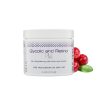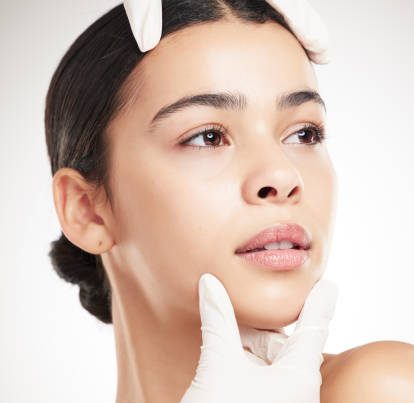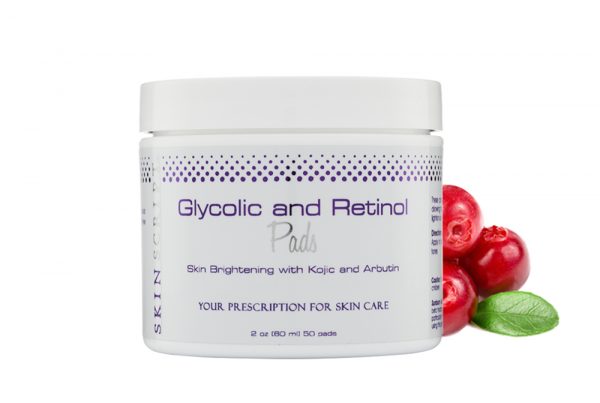
As we journey through life, one inevitable aspect we face is aging. Our skin, in particular, undergoes visible changes over time, leading many to ponder: at what age should I start using anti-aging products? This question is both common and complex, influenced by various factors including genetics, lifestyle, and individual skin concerns. Let’s delve into the intricacies of this topic to uncover the most suitable approach for you.
Understanding Aging
Before delving into the realm of anti-aging products, it’s crucial to grasp the biological processes of aging. As we age, our skin undergoes natural changes such as decreased collagen production, reduced elasticity, and increased dryness. Additionally, external factors like sun exposure, pollution, and lifestyle habits can accelerate these processes, leading to premature aging.
Types of Anti-Aging Products
Anti-aging products come in various forms, each targeting specific concerns. From creams and serums to potent ingredients like retinoids and antioxidants, the market offers a plethora of options to combat aging signs.
When to Start Using Anti-Aging Products
Determining the right time to incorporate anti-aging products into your skincare routine depends on several factors. Early signs of aging, such as fine lines or uneven skin tone, may indicate the need to introduce targeted treatments.
Recommended Age to Start
Experts’ opinions vary regarding the ideal age to begin using anti-aging products. While some advocate for early prevention in one’s twenties, others suggest waiting until signs of aging become more apparent in the thirties or forties.
Preventive Measures Before Using Anti-Aging Products
Regardless of age, adopting a proactive skincare routine and adhering to healthy lifestyle habits can lay a solid foundation for future skincare needs. Adequate sun protection, hydration, and nourishment are essential for maintaining youthful-looking skin.
Benefits of Starting Early
Commencing an anti-aging regimen at a younger age offers several advantages. By addressing concerns early on, individuals can potentially delay the onset of visible signs of aging and maintain a radiant complexion for longer.
Risks of Starting Too Early
However, initiating anti-aging products prematurely may pose risks, particularly for those with sensitive skin. Harsh ingredients or potent formulas could lead to irritation or exacerbate existing skin conditions.

Guidelines for Choosing Anti-Aging Products
When selecting anti-aging products, it’s essential to scrutinize ingredients and formulations carefully. Opting for products containing proven ingredients like retinol, hyaluronic acid, and vitamin C can yield effective results without compromising skin health.
Consulting a Dermatologist
For personalized skincare recommendations, consulting a dermatologist is invaluable. A professional assessment can help identify specific concerns and tailor a skincare regimen to suit individual needs, ensuring optimal results with minimal risk.
Alternative Approaches to Anti-Aging
In addition to conventional products, alternative approaches such as natural remedies and lifestyle modifications can complement skincare routines. Practices like adequate sleep, stress management, and a balanced diet can contribute to overall skin health and vitality.
Myths About Anti-Aging Products
Dispelling common myths surrounding anti-aging products is crucial for making informed choices. Contrary to popular belief, not all products can reverse wrinkles completely, and natural remedies may not always suffice for addressing complex skin issues.
What are the signs that I should start using anti-aging products?
Signs such as fine lines, wrinkles, and uneven skin tone may indicate the need to incorporate anti-aging products into your routine.
Can anti-aging products reverse wrinkles completely?
While some products can improve the appearance of wrinkles, complete reversal may not be achievable. Consistent use of targeted treatments can help minimize their appearance.
Are natural anti-aging remedies effective?
While natural remedies can offer benefits, their efficacy may vary. It’s essential to choose evidence-based ingredients backed by scientific research for optimal results.
How long does it take to see results from anti-aging products?
Results can vary depending on the product and individual skin type. Generally, noticeable improvements may take several weeks to months with consistent use.
Can I use anti-aging products if I have sensitive skin?
Yes, but it’s crucial to choose gentle formulations and patch-test products before full application. Consulting a dermatologist can also provide personalized recommendations for sensitive skin types.
Conclusion
The question of when to start using anti-aging products is multifaceted, with no one-size-fits-all answer. By understanding individual skin needs, considering expert advice, and adopting a proactive approach to skincare, individuals can navigate the aging process with confidence and grace.
 5 6 1 . 8 1 0 . 0 5 5 5
5 6 1 . 8 1 0 . 0 5 5 5 







